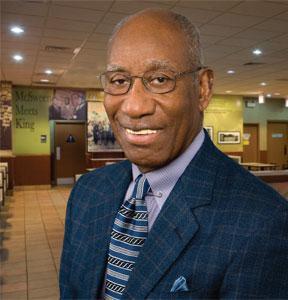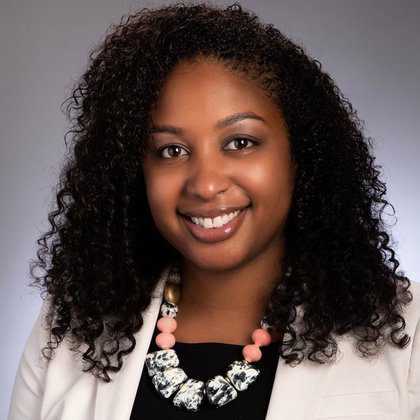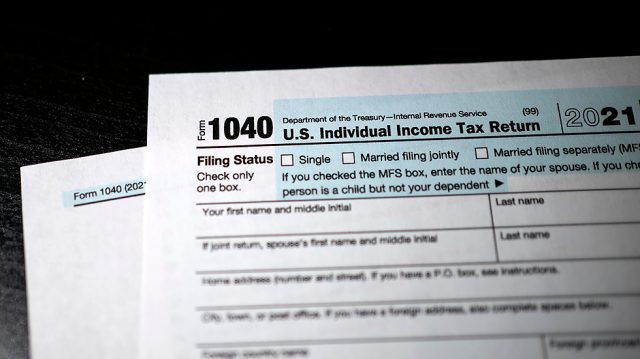The Certified Financial Planner Board of Standards’ priorities that its new chair, Kamila Elliott, is focused on for 2022 include increasing access and “the number of people of color and women in the profession,” she told ThinkAdvisor in a phone interview.
One key part of that plan is “creating awareness” of the profession, especially among groups of people who have not traditionally been attracted to financial planning, she said.
Elliott was recently named the new board chair of the Certified Financial Planner Board of Standards, becoming the first Black woman to serve in that role. A certified financial planner, she was elected by other board members in 2020 to act as the chair-elect in 2021. She took on the role of board chair on Jan. 1, 2022.
Elliott is also president and partner of Grid 202 Partners, an RIA based in Washington. She has nearly two decades of financial planning and investment experience and spent much of her career to date at Vanguard (2008-2017).
‘Visual Symbol’
Elliott’s appointment represents a sign of where the sector “is going and what new talent will look like within the CFP profession,” she told ThinkAdvisor.
She sees her appointment as a “visual symbol” that tells people, “yes, there’s someone who’s now helping to support and lead” the CFP Board with Kevin Keller, its CEO, “that will be the new face of this profession,” she said.
Her goal is to attract “more younger people, more people of color [and] more women,” she told ThinkAdvisor. “We want to make sure that this profession represents the demographic of the U.S. population” overall.
Also, “we want to make sure that financial planning is accessible to all, regardless of your ethnicity, your background, socioeconomic status, etc.,” she said.
When she entered the profession about 20 years ago, she joined Vanguard as a phone rep serving 401(k) participants and the field was less diverse, she said.
But “even three years ago, she was at a firm where “not only was I the only Black person on my team, I was the only female on my team, which is surprising,” she recalled. There were 13 or 14 men on her team and they were all white, she said, adding: “There were times, earlier in my career, where there was a department of 250 people and I was the only Black woman.”
The Numbers
As of Dec. 31, 2020, the number of CFP professionals reached an all-time high of 88,726, up 2.7% from 2019, the CFP Board said a year ago.
The number of female CFP professionals grew to an all-time high of 20,633, representing 23.3% of all CFP professionals and growth of 3.1% since 2019. Meanwhile, the number of Black and Latino CFP professionals rose to 3,688, representing 12.6% growth over 2019’s number of 3,274. That increase was almost “five times the growth rate of all CFP professionals,” the CFP Board noted.
Black CFP professionals, however, numbered 1,493 (just 1.68% of CFP professionals), while the number of Latino CFP professionals was 2,170 (2.46% of CFP professionals); and the number of biracial Black and Latino CFP professionals was a mere 25 (.028% of CFP professionals). The CFP Board is expected to soon announce updated data.
















